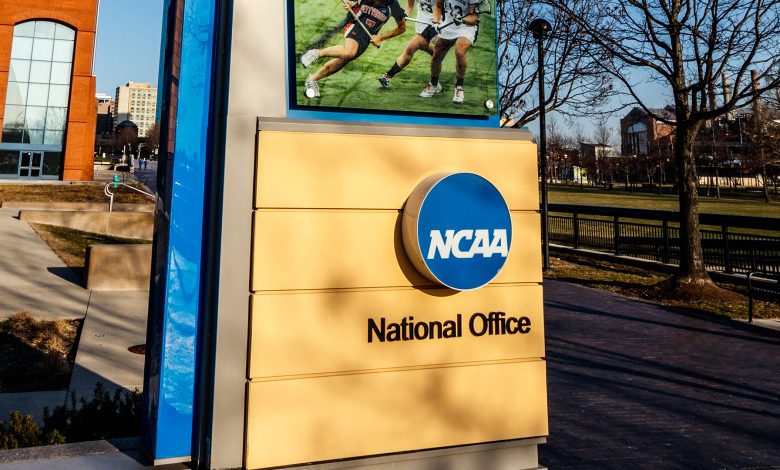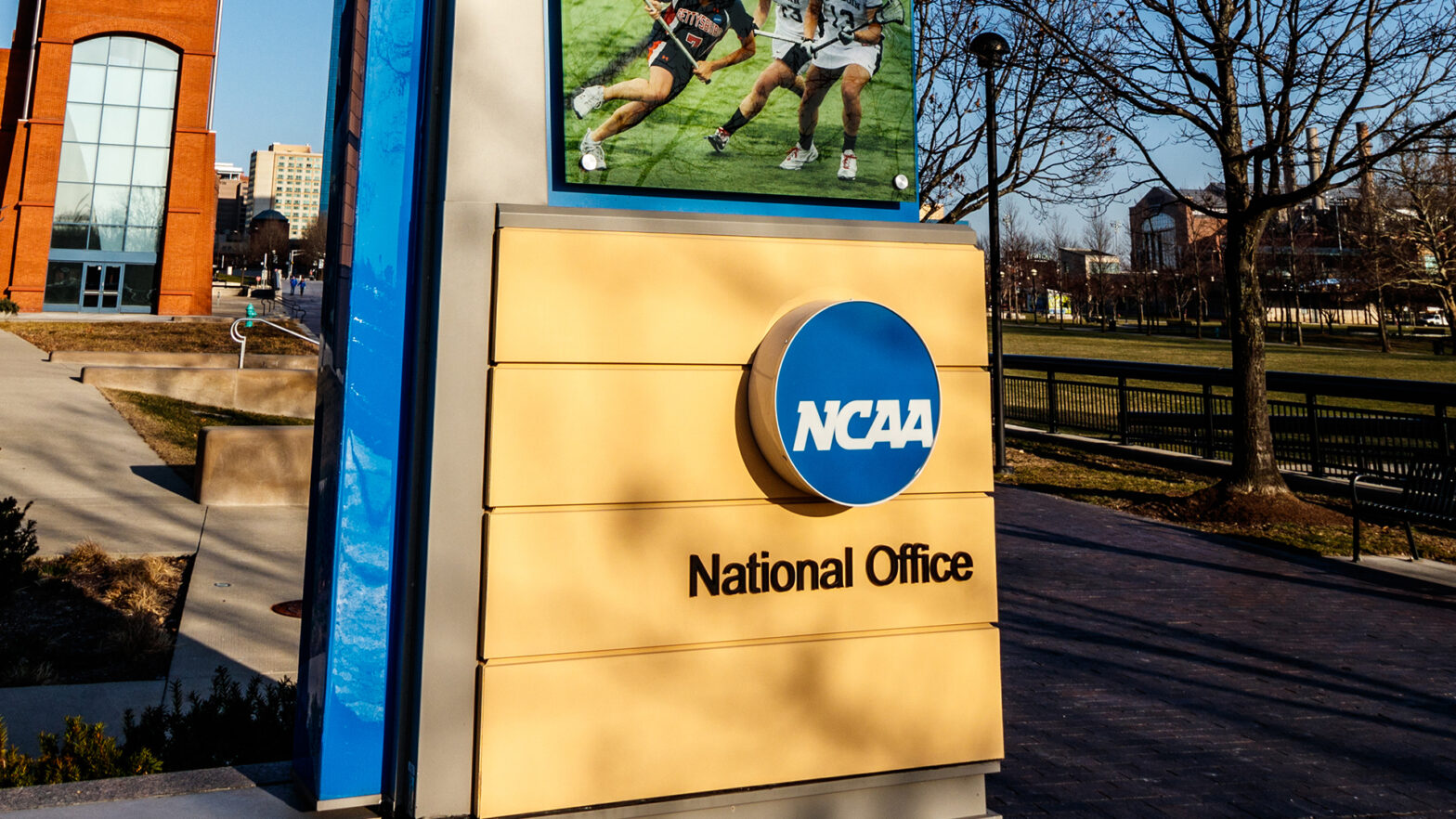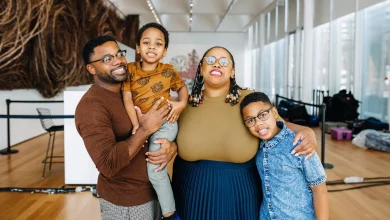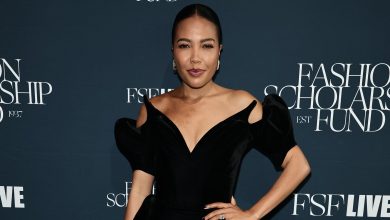$2.8B Deal Approved By Federal Judge To Ensure Current And Former Athletes Are Paid Directly By College Athletic Departments


A federal judge approved a multi-billion-dollar legal settlement on Friday, June 6, permitting college athletes to receive compensation from their schools, ESPN reports.
College athletes who completed their college education from 2016 to present day will receive damages from the NCAA as part of the $2.8 billion settlement, Judge Claudia Wilken ruled.
Per the ruling, schools will now be able to start paying their athletes as early as July, according to the Associated Press.
The exact terms will involve schools sharing up to $20.5 million (a 22.5% cap) per year with current players.
The ruling follows a 2020 lawsuit by Arizona State swimmer Grant House against the NCAA and its five major conferences: the Pac-12 Conference, the Big Ten Conference, the Big 12 Conference, the Southeastern Conference, and the Atlantic Coast Conference. In total, there had been three separate antitrust lawsuits related to the restrictions in pay.
“It’s historic,” former college basketball star Sedona Prince, a co-lead plaintiff in one of the lawsuits, told ESPN. “It seemed like this crazy, outlandish idea at the time of what college athletics could and should be like. It was a difficult process at times … but it’s going to change millions of lives for the better.”
As AFROTECH™ previously reported, NCAA college athletes can benefit, including earning compensation, from their name, image, and likeness (NIL) after governance bodies across all three NCAA divisions ended NIL restrictions for current and incoming student-athletes in all sports in 2021. Now, following the recent order from the judge, athletes can be paid directly by athletic departments.
“In the weeks ahead, we will work to show Congress why the settlement is both a massive win for student-athletes and a road map to legislative reform,” NCAA President Charlie Baker penned in a letter.
Baker acknowledges that this significant change will be a challenging adjustment for everyone involved, especially the defendant conferences, as they navigate new rules and enforcement.
He added, “We have accomplished a lot over the last several months, from new health and wellness and academic requirements to a stronger financial footing. Together, we can use this new beginning to launch college sports into the future, too.”




